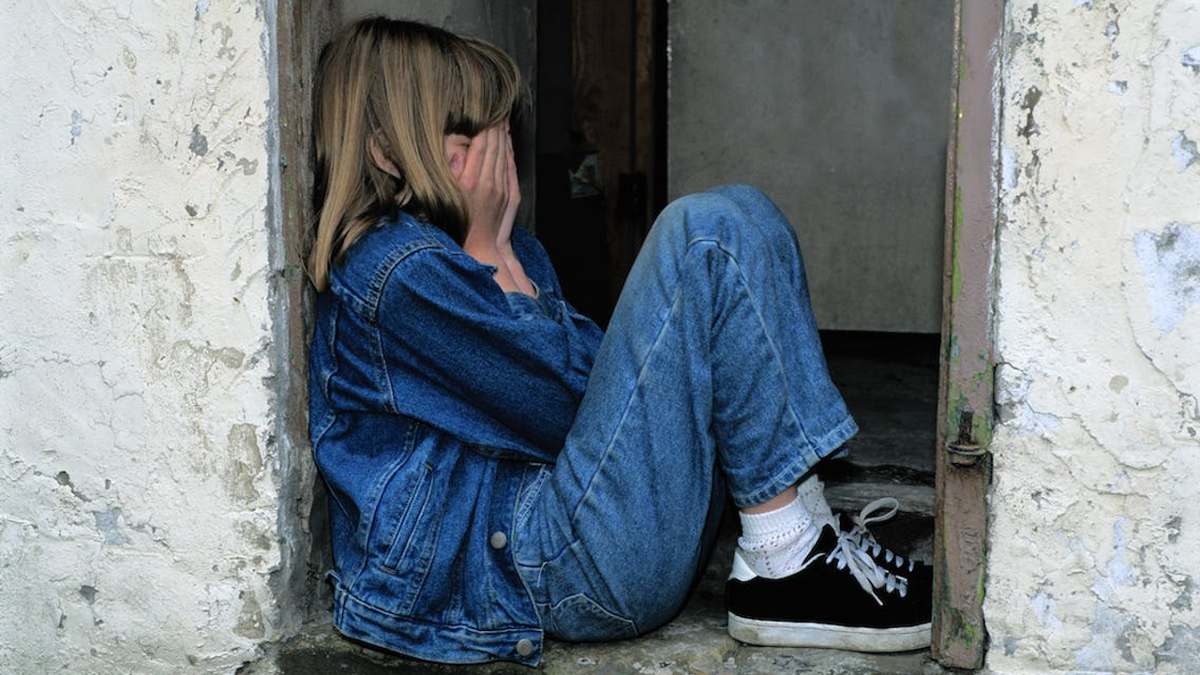Sibling relationships play a crucial role in a child’s life, fostering companionship and shared experiences. However, parents need to be aware that, in some cases, these relationships might take a dark turn. Sibling sexual abuse is a concerning issue that requires understanding, prevention, and appropriate response. This article will explore the facts, signs, risks, and preventions parents need to know about this sensitive topic.
Sibling relationships are often viewed as a foundation of trust and friendship, but parents need to realize the potential for inappropriate behaviors within these relationships. Sibling sexual abuse is any unwanted sexual activity between siblings encompassing various behaviors.
Contents
Facts About Sibling Sexual Abuse
Sibling Sexual Abuse is Common and underreported
Sibling sexual abuse happens more often than we might realize, but people often don’t talk about it because they feel shame, fear or want to keep it a secret. This makes it hard to know exactly how big the problem is. We need to start talking openly about this issue because it’s important. By talking about it, we can help people who have experienced this kind of abuse know that they’re not alone and that it’s okay to ask for help. It’s like shining a light on something hidden so we can ensure everyone stays safe and gets the support they need.
Difference Between Sexual Curiosity and Abuse
Sexual curiosity is a natural and inherent aspect of human development. It involves an individual’s interest in exploring their own and other’s bodies, emotions, and desires. Curiosity is often driven by a desire to understand oneself, learn about varying sexual preferences, and develop a sense of self-awareness.
On the other hand, abuse involves violating consent and limits, causing physical, emotional, or psychological harm. Abuse is characterized by control, manipulation, and disregard for the well-being of the other person. It is essential to recognize the signs of abuse, such as coercion, intimidation, and repeated instances of disrespect.
Signs of Sibling Sexual Abuse
Signs of sibling sexual abuse are presented in a point-wise manner for easy understanding:
- Behavior Changes: Look out for sudden shifts in how a child acts. They might become more quiet, sad, or angry than usual. Big changes in their behavior could be a sign that something is wrong.
- Emotional Shifts: Pay attention to their emotions. It could be a red flag if a child seems scared, worried, or unhappy, especially around a particular sibling.
- Mood Swings: Notice if their mood changes a lot. They might be okay one moment and then suddenly get very upset or mad for no obvious reason.
- Aggression: Sometimes, victims of sibling sexual abuse might start acting aggressively towards others or themselves. They might hurt themselves on purpose.
- Avoidance: Watch if the child avoids being around a specific sibling or avoids certain places or situations. They might be trying to stay away from the source of their discomfort.
- Fear and Nightmares: If they suddenly seem scared of something or someone they used to be fine with or have nightmares often, this could be a sign that something isn’t right.
- School Troubles: Keep an eye on their school performance. If their grades drop suddenly or they start having trouble with homework, something might bother them.
- Sexual Knowledge: If a child knows more about sexual things than is appropriate for their age, it could indicate that they’ve been exposed to inappropriate situations.
- Inappropriate Behavior: An aggressor might show behaviors that are overly sexual for their age. This might involve touching inappropriately or involving the other sibling in sexual activities.
- Trust Your instincts. If you feel that something isn’t right, don’t ignore it. It’s important to trust your gut feeling and take action if you suspect sibling sexual abuse.
If you notice any of these signs or have concerns, reaching out to a professional who can provide guidance and support is crucial. This could be a counselor, therapist, doctor, or other trusted authority.
Risk Factors for Sibling Sexual Abuse
Several common risk factors may contribute to its occurrence:
Family Dynamics: Dysfunctional family dynamics, such as poor communication, lack of supervision, and inadequate parental involvement, can create an environment where abusive behavior may go unnoticed or unchecked.
History of Abuse: Individuals who have experienced abuse themselves, whether within the family or outside of it, may be more likely to commit abusive behaviors.
Exposure to Inappropriate Content: Easy access to explicit or inappropriate sexual content through media, the internet, or other sources can normalize inappropriate behavior and distort a child’s understanding of healthy boundaries.
Lack of Education: A lack of education about appropriate boundaries, consent, and healthy relationships may contribute to misunderstandings and normalizing abusive behavior.
Mental Health Issues: Individuals with mental health problems, such as conduct disorders or impulse control issues, may struggle with regulating their behavior and emotions, leading to abusive actions.
Substance Abuse: Substance abuse, including alcohol and drugs, can impair judgment and increase the likelihood of engaging in inappropriate behaviors.
Social Isolation: Limited interaction with peers and external support systems can lead to an increased reliance on siblings for companionship, which may blur the lines between appropriate and inappropriate behaviors.
Lack of Supervision: Inadequate parental supervision can allow abusive behavior to occur without immediate consequences.
Cultural and Social Factors: Societal attitudes towards sexuality, gender roles, and family relationships can influence how abuse is perceived and addressed within a family.
Addressing these factors through communication, education, and seeking professional help is crucial to preventing sibling sexual abuse.
Preventing Sibling Sexual Abuse
When it comes to ensuring children’s safety and well-being, addressing sibling sexual abuse is a crucial aspect that cannot be overlooked. Sibling relationships are a fundamental part of a child’s life, but they can sometimes turn harmful if not properly monitored and guided.
- Open Communication: Encourage siblings to discuss boundaries and concerns openly. A comfortable environment for tough conversations helps identify issues early.
- Clear Boundaries: Teach children about appropriate touch and saying “no.” Valuing personal space fosters an atmosphere of mutual respect.
- Education: Educate kids about body autonomy, consent, and right vs. wrong behavior. Age-appropriate talks empower them to protect themselves and their siblings.
- Supervision: Especially with age gaps, vigilant monitoring during vulnerable moments like bathing is crucial. Regular checks deter harmful situations.
- Respectful Relationships: Parents’ role modeling respectful behavior sets the tone for sibling interactions. Empathy and cooperation teach kindness.
- Media Literacy: In the digital age, educate on online safety. Discuss appropriate online conduct and privacy settings, and monitor interactions to prevent harm.
Conclusion
Sibling sexual abuse is an uncomfortable and sensitive issue that demands attention. By understanding the signs, risk factors, and appropriate responses, parents can play a key role in preventing and addressing this problem within their families. Creating an environment of open communication, setting boundaries, and seeking professional help when needed can contribute to the healing and well-being of all family members.

